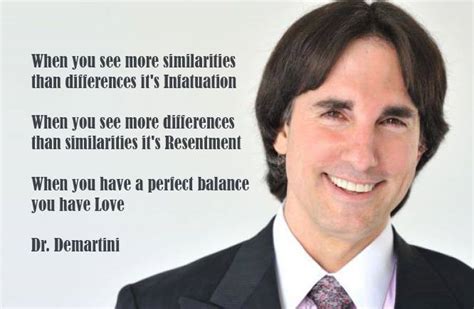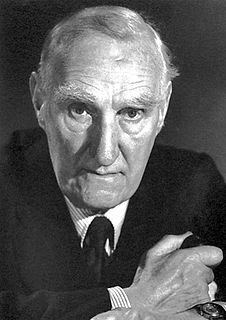A Quote by John Ruskin
We are, after all, only trustees of the wealth we possess. Without the community and its resources... there would be little wealth for anyone.
Related Quotes
Rich people should consider that they are only trustees for what they possess, and should show their wealth to be more in doing good than merely in having it. They should not reserve their benevolence for purposes after they are dead, for those who give not of their property till they die show that they would not then if they could keep it any longer.
The erroneous economic belief in scarcity leads directly to the mistaken theological belief that God does not want us to be rich. After all, in a world of scarce physical resources, a person could achieve personal wealth only by taking wealth from another - something that a truly benevolent, loving God would never allow.
Not understanding the process of a spontaneously-ordered economy goes hand-in-hand with not understanding the creation of resources and wealth. And when a person does not understand the creation of resources and wealth, the only intellectual alternative is to believe that increasing wealth must be at the cost of someone else. This belief that our good fortune must be an exploitation of others may be the taproot of false prophecy about doom that our evil ways must bring upon us.
Anyone, without any great penetration, may distinguish the dispositions consequent on wealth; for its possessors are insolent and overbearing, from being tainted in a certain way by the getting of their wealth. For they are affected as though they possessed every good; since wealth is a sort of standard of the worth of other things; whence every thing seems to be purchasable by it.
If exclusive privileges were not granted, and if the financial system would not tend to concentrate wealth, there would be few great fortunes and no quick wealth. When the means of growing rich is divided between a greater number of citizens, wealth will also be more evenly distributed; extreme poverty and extreme wealth would be also rare.
The whole privatisation of health and education, of natural resources and essential infrastructure - all of this is so twisted and so antithetical to anything that would place the interests of human beings or the environment at the center of what ought to be a government concern - should stop. The amassing of unfettered wealth of individuals and corporations should stop. The inheritance of rich people's wealth by their children should stop. The expropriators should have their wealth expropriated and redistributed.






































